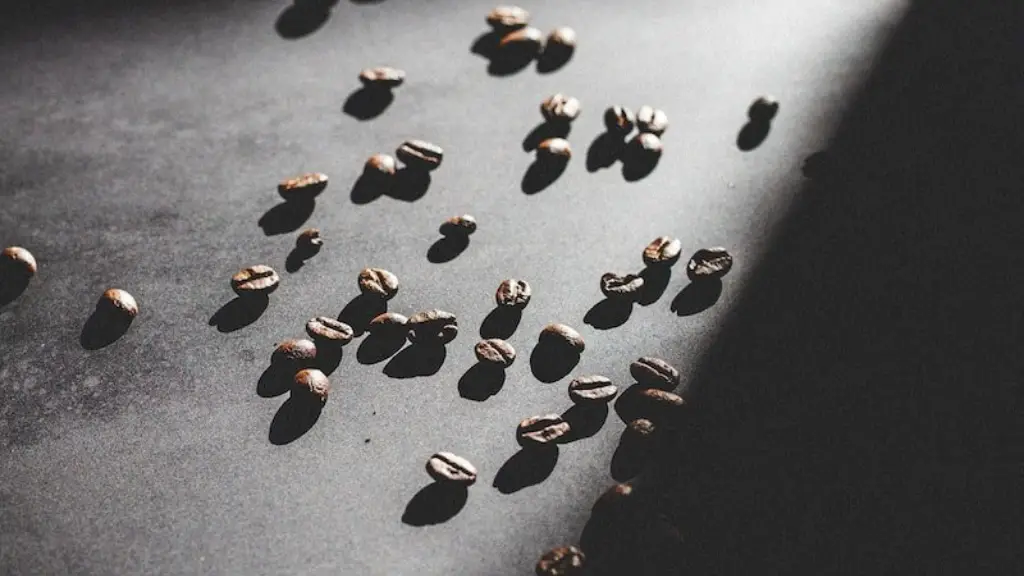Introduction
Caffeine is a stimulant that crosses the placenta and reaches the baby during pregnancy. Therefore, while breastfeeding, some new mothers wonder how much caffeine they should consume. Therefore, it is important to understand how much cups of coffee can be consumed while breastfeeding without any health risks. In the following article, we will address this issue based on experts’ perspectives, medical studies and references, and other relevant information.
Nutrition During Breastfeeding
When breastfeeding, it is important to consider nutritional factors. At this stage, mom needs to pay close attention to what she eats, as it will directly affect baby’s nutrition. Nutrition during breastfeeding includes balanced meals that contain vitamins, minerals, and proteins for the best growth and development of the baby. It is also beneficial for the mother to consume a wide variety of foods. It is also important for mom to avoid eating unhealthy foods and drinks high in calories.
Caffeine is a stimulant that artificially increases energy levels, and is also known to be a diuretic. Therefore, it is important to consider the amount at which caffeine can be consumed while breastfeeding. An excessive intake of caffeine can result in Mom feeling fatigued and dizzy, and can also have a negative impact on baby’s nutrition.
Caffeine Intake for Breastfeeding Mothers
The American Academy of Pediatrics (AAP) recommends that mothers who are breastfeeding should limit their caffeine intake to no more than 300 mg per day. It is also important to note that one cup of coffee can contain 95-200 mg of caffeine. When looked at this way, the AAP recommendation is that a mother should not consume more than three cups of coffee per day while breastfeeding.
Aside from caffeine, other foods and drinks that contain caffeine can also contribute to a mother’s daily caffeine intake. For example, chocolate, cola and certain energy drinks contain caffeine. It is important to be aware of other sources of caffeine because they can also contribute to Mom’s daily caffeine intake.
Effects of Consumption
When breastfeeding, it is important to be aware of the effects that a mother’s caffeine intake can have on her baby. Low levels of caffeine intake, within the AAP’s recommendations, should not be a cause for concern for the baby’s health. However, it is important to note that since babies are so small, they are unable to process caffeine at the same rate as adults.
At higher levels of intake, around three cups of coffee per day and above, a mother’s caffeine intake can be detrimental and increase the risk for baby’s health media attention. At this level, caffeine can lead to health problems such as colic and sleeplessness in babies. Caffeine can also reduce the quality and quantity of a mother’s breast milk. In high doses, caffeine can also be toxic and even lead to death in extreme cases.
Conclusion
Overall, it is important to be aware of the effects of caffeine on a breastfeeding mother and her baby. While it is true that caffeine can be beneficial in providing an energy boost and increasing alertness, it is equally important to pay attention to the amount of caffeine intake. By keeping the intake at lower levels, mm’s recommendation of no more than three cups of coffee a day can help maintain a healthy and balanced nutrition for both mom and baby.
Additional Considerations
Aside from caffeine, it is important to note that some medications, substances and drugs should be avoided while breastfeeding. It is best to consult a doctor or other healthcare provider when in doubt and to look for natural solutions.
Timing
It is generally accepted that breastfeeding mothers should avoid drinking coffee just before breastfeeding. Caffeine has a half-life of three to five hours in the mother’s body, so it is important to note that it may still affect the baby up to six hours after consumption. Therefore, it is best to wait at least two to three hours after consumption before breastfeeding.
Alternative Sources of Energy
Fresh fruits and vegetables are great sources of energy and can be consumed while breastfeeding. They contain nutrients such as vitamins, minerals, and fibers that are important for the mother and the baby. They can also help to provide a natural source of energy. Additionally, it is important to stay hydrated and include plenty of fluids in the daily diet.
Conclusion and Summary
As a summary, the amount of caffeine intake should be closely monitored while breastfeeding. According to the American Academy of Pediatrics, it is recommended to limit the intake to no more than three cups of coffee per day. It is also recommended to wait at least two to three hours after caffeine consumption before breastfeeding. Additionally, alternative sources of energy such as fresh fruits, vegetables and fluids should be included in the diet to ensure a balanced nutrition for both the mother and the baby.



